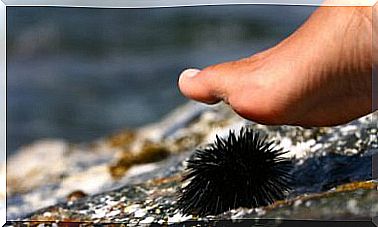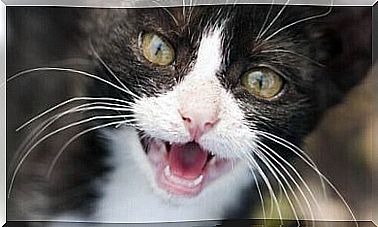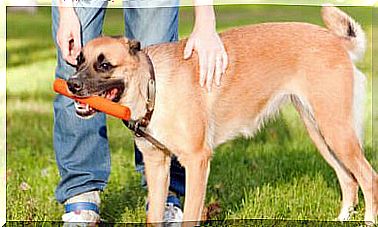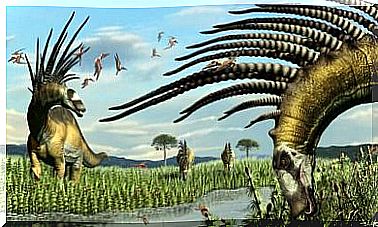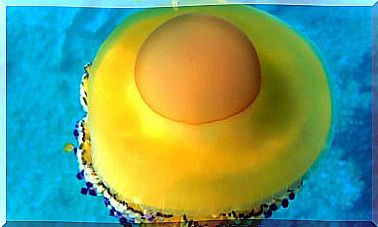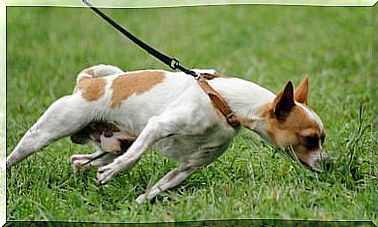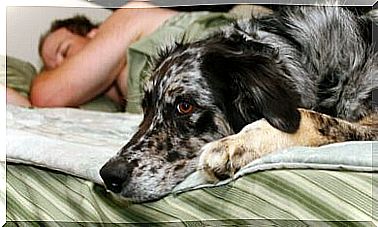The 5 Common Digestive Problems In Cats
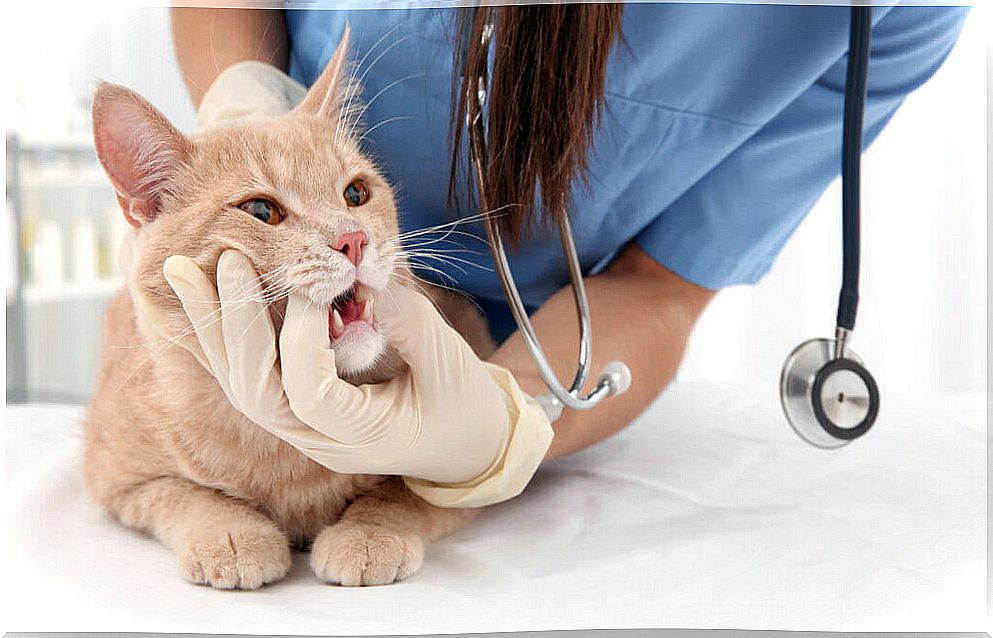
Digestive problems in cats are very common, although these animals often do not show overt signs of their discomfort or pain. Without much detail, the prevalence of diseases such as pancreatitis is estimated at 45% of apparently healthy domestic cats. Constipation is also very common in these animals, as they are easily stressed with changes.
Based on these general assumptions, we find it interesting to show guardians what are common digestive problems in cats. Let’s put special emphasis on symptoms, however mild, as a small change or variation in behavior can reveal a masked illness. Come on!
1. Constipation
Studies by the National Library of Medicine estimate that up to 6% of felines in rescue centers suffer from constipation. Therefore, it is to be expected that this pathology occurs even more in small homes, where the animal makes few movements and, in many cases, the stimuli are minimal.
In most cases, constipation occurs due to lack of hydration. If the guardian notices that your cat is having difficulty defecating, the best option is to change the diet for a few days to soft foods, meals rich in fiber and, above all, give the animal plenty of water and offer different litter boxes.
If the situation does not improve, it is necessary to take the animal to the veterinarian. The provider will prescribe specific laxatives, a short-term solution, as if the condition becomes chronic, the feline is at risk of developing megacolon. In this severe variant, bowel dilation occurs due to lack of muscle strength in the colon.
To prevent this condition from becoming chronic, it is necessary to detect the symptoms of constipation in cats early. Among the most obvious clinical signs, we find the following:
- Abdomen in continuous tension.
- Sparse stools, small in size and very dry.
- Strange postures at the time of defecation.
- Loss of appetite, only occasionally.
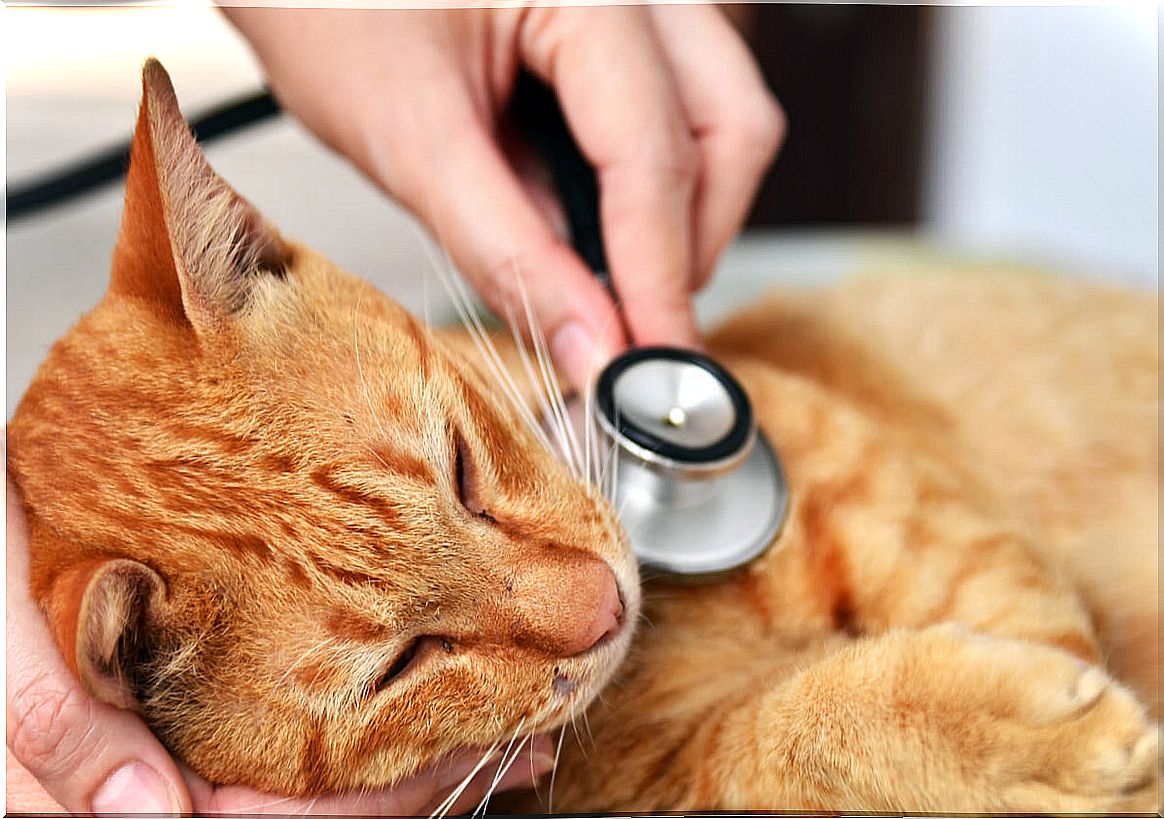
2. Colitis: one of the most common digestive problems in cats
The large intestine helps the animal maintain electrolyte balance, allows water reabsorption and allows nutrients to enter the body. For this reason, when its outermost layer is damaged by parasites, bacteria and other factors, diarrhea is one of the first symptoms in the feline.
Stress and anxiety, adverse drug reactions, dietary intolerances, and pathogens can cause acute colitis in cats. Without going into too much detail, the World Small Animal Veterinary Association estimates that 14% of cats are positive for Trichomona fetus, a protist that causes chronic colitis.
3. Feline enteric coronavirus (FCoV)
This virus infects the cat’s digestive epithelial cells, resulting in intestinal inflammation that, fortunately, is almost never fatal. Most clinical conditions are very mild, if the animal has any symptoms. However, in some cases, the feline may have vomiting, diarrhea and respiratory signs.
The prevalence of this pathology is very high in both healthy and diarrheal cats, with values ranging between 36% and 75%. Undoubtedly, it is a common clinical entity, contagious and easily dispersed.
4. Gastritis
Gastritis is another of the most common digestive problems in cats. In this case, tissue inflammation occurs in the stomach, so the most obvious clinical sign in the cat is acute vomiting. This fluid can show traces of food, bile, and even blood, although it does not always reflect a serious underlying clinical entity.
Like colitis, gastritis is often caused by intolerances, poisonings, immune system malfunctions, infections, and, on rare occasions, cancerous tumors. Faced with signs of vomiting in the feline, it is necessary to take the animal quickly to the veterinarian, as cats have a certain tendency to become dehydrated in these cases.
5. Pancreatitis
As we have already said, the prevalence of pancreatitis is around 50% of domestic cats. Many of them do not have any symptoms at all, so sometimes the disease is detected in a routine veterinary evaluation. Most cases are chronic and their nature is idiopathic, that is, the cause is unknown.
In this pathology, there is inflammation of the pancreas, an essential organ for the digestion of food. Affected cats often have vague symptoms as the disease progresses, such as lack of appetite, listlessness, and emaciation. Treatment is very difficult and serves only as support, since there are no drugs that can reverse pancreatic damage.
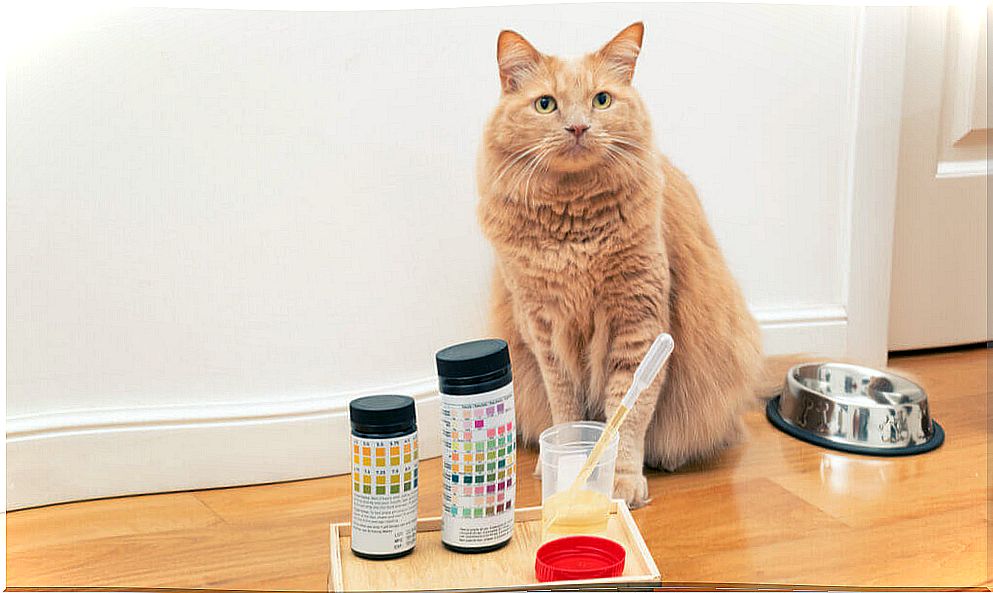
Faced with digestive problems in cats, attention and caution
As you can see, cats are experts at masking their pain. They have a very strong natural instinct and therefore do not allow anyone to see them vulnerable or sick. Therefore, the tutor should pay close attention if he notices that his cat is exhibiting strange behavior, however small.
In general, digestive problems in cats manifest with hard, loose stools, loss of appetite, and sometimes small amounts of vomiting. Even if it occurs sporadically, it is necessary to take the animal to the vet: it could be a simple infection or a chronic illness that requires immediate treatment.
